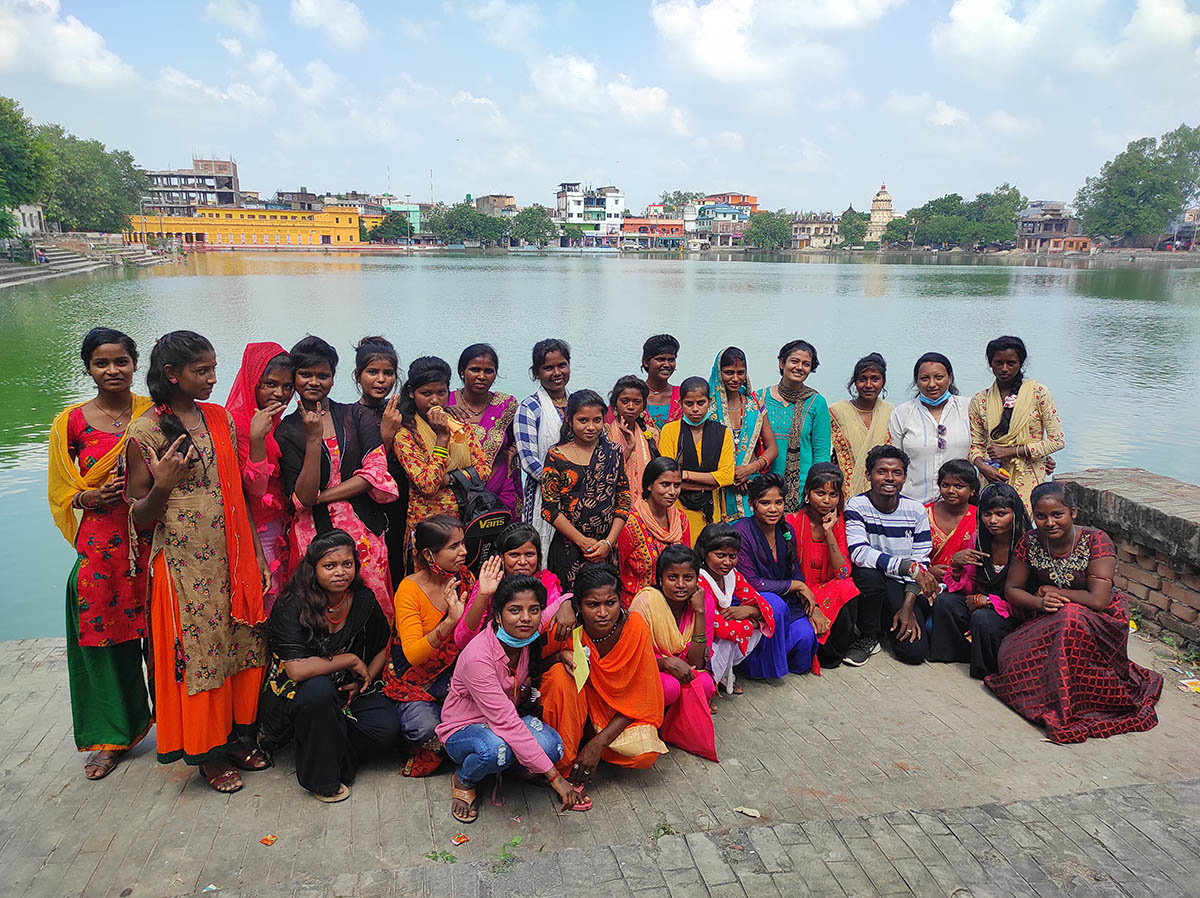
18 Feb Program Introduction – Awasar
Awasar (meaning “opportunities’’) is SAATH’s flagship evidence-based sustainable livelihood development program. It is designed to create an enabling environment for economic empowerment and resilience of marginalised, disadvantaged and vulnerable women and young girls. Awasar positions economic empowerment of marginalized, disadvantaged and vulnerable women and young girls at the core of its interventions. The approach ensures that our primary target rights-holders/beneficiaries secure and benefit from increased access to resources and decision making within the local value chain process, in the economy and within their households.
Within the Awasr program, we have three projects; ONGD, ICMPS and CS. The project ICMPS and CS was focused on providing women of Sindhupalchowk with livelihood skills and opportunities. The CS and ICMPS project has already been terminated after the completion of project duration.

Our ongoing project under Awasar is ONGD, a project initiated to support women and girls from marginalized populations in Dhanushadham by providing Tailoring and Mithila Art training. It is designed to uplift the women’s economic interaction and opportunities in the local market. The major result that we aspire to achieve through the project is primarily to equip women with the tailoring and Mithila art skills and also support their long term engagement on livelihood after the completion of the training. The project has already provided 3 batches of beneficiaries with hard skills like Mithila Art Painting and Tailoring through training and soft skills like life skills development, SRHR, Women rights, personal hygiene and cleanliness, and domestic violence, business management through workshops and is now preparing to kick start the training for the 4th batch.

